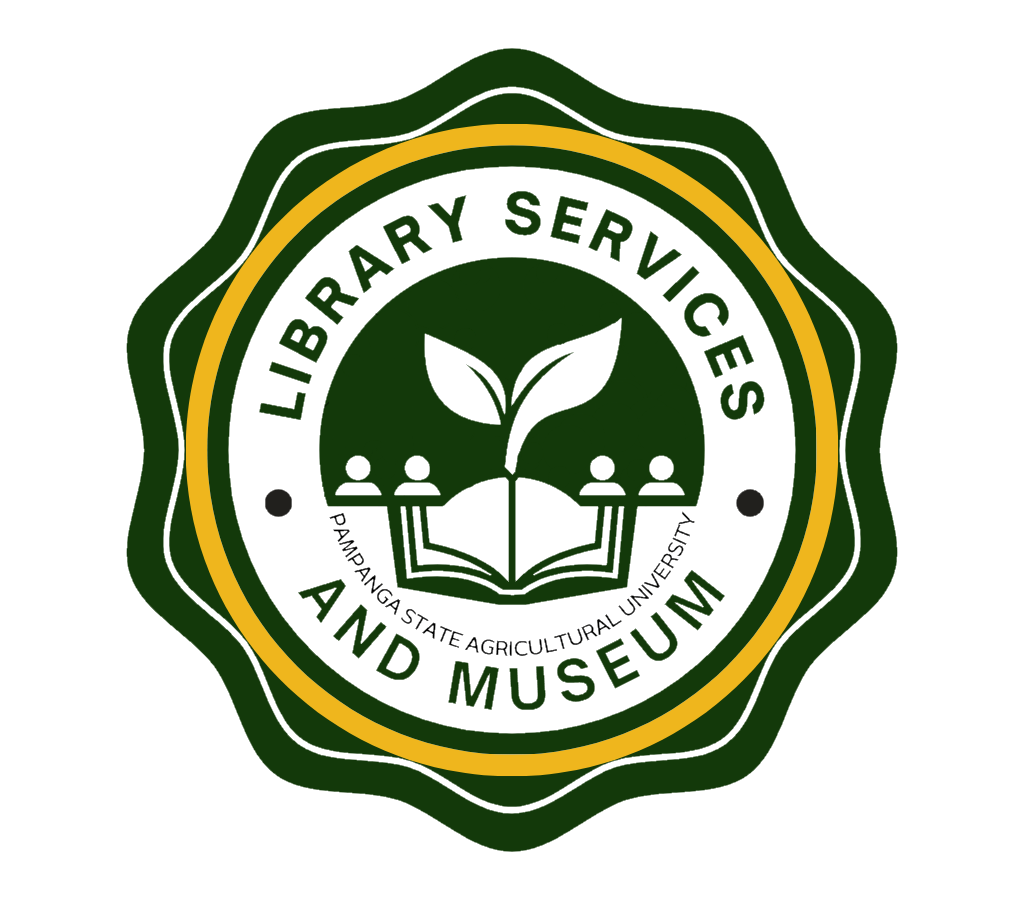College composition & communication / Editor, Jonathan Alexander.
Material type: Continuing resourceSeries: ; V.70, No.1Publication details: Urbana, IL : National Council of Teachers of English, September 2018.Description: 3-134 page ; 23 cmISSN:
Continuing resourceSeries: ; V.70, No.1Publication details: Urbana, IL : National Council of Teachers of English, September 2018.Description: 3-134 page ; 23 cmISSN: - 0010-096X
| Item type | Current library | Call number | Status | Barcode | |
|---|---|---|---|---|---|
| Continuing Resources | PSAU OLM Periodicals | JO CCC SE2018 (Browse shelf(Opens below)) | Available | JO018 |
Browsing PSAU OLM shelves, Shelving location: Periodicals Close shelf browser (Hides shelf browser)
| No cover image available | No cover image available | No cover image available | No cover image available | No cover image available | No cover image available | No cover image available | ||
| JO CCC DE2018 C.2 College composition & communication / | JO CCC FE2019 College composition & communication / | JO CCC JE2018 College composition & communication / | JO CCC SE2018 College composition & communication / | JO CL MR2018 Comparative literature / | JO CLC FA2020 The Journal of criminal law and criminology. | JO CLC SP2021 The Journal of criminal law and criminology. |
1. Alliances, Assemblages, and Affects: Three Moment: of Building Collective Working-Class Literacies. Jennifer Harding, Jessica Pauszek, Nick Pollard, and Steve Parks This article explores how assemblage and affect theories can enable research into the formation of a collective working-class identity, inclusive of written, print, publication, and organizational literacies through the origins of the Federation of Worker Writer and Community Publishers, an organization that expanded its collectivity as new heritages, ethnicities, and immigrant identities altered the organization's membership and 'class" identity.--2. In the Absence of Grades: Dissonance and Desire in Course-Contract Classrooms. Joyce Olewski Inman and Rebecca A. Powell Acknowledging students' and instructors' desires for grades as affective carriers of achievement, belonging, and identity can move us beyond ideals of socially just assessment, making space for decolonizing action and explorations of how the classroom community and the field grapple with the dissonance between being a writer and being a student.--3. Making Composing Policy Audible: A Genealogy of the WPA Outcomes Statement 3.0. Ellery Sills This article offers a genealogy of the deliberative policymaking of the WPA Outcomes Statement 3.0 Revision Task Force. Interviews with Task Force members reveal that the revised statement presents composing, technology, and genre as "boundary objects," in order to preserve the document's kairos for as long as possible.--4. The Courage of Community Members: Community Perspectives of Engaged Pedagogies. Rachael W. Shah The emotional dynamics for community members involved in university-community partnerships remain untheorized and often unrecognized. This article explores the fear minoritized high school students expressed about working with college composition students, offering suggestions for how composition teachers can use the strategies of personalismo, affirmation, rigor, and role fluidity to create more responsive community partnerships. Grounded in insights from community partners, the study suggests that knowledge making might change in community based pedagogies if dominant epistemologies can shift to understand community members as producers of knowledge.
There are no comments on this title.
